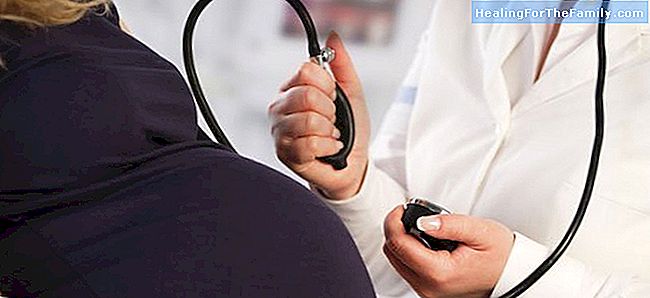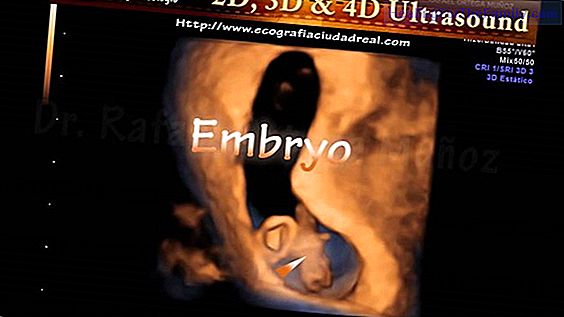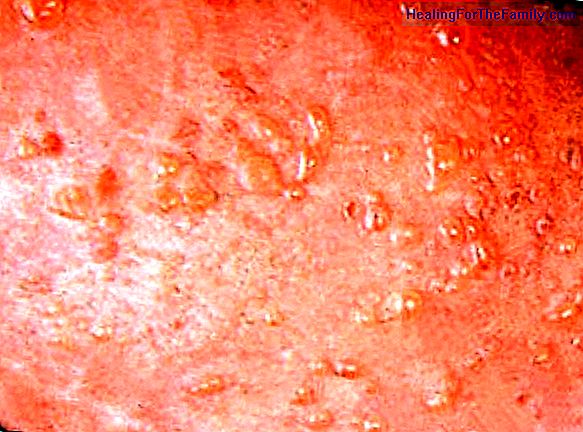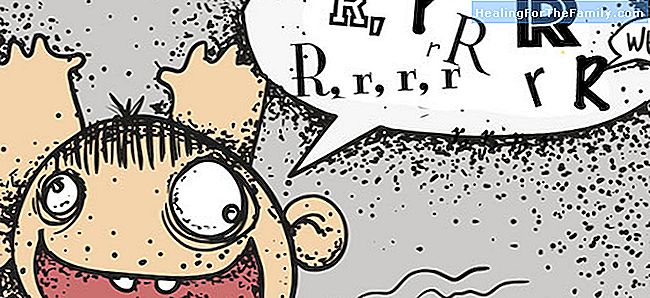Hypertension in pregnancy
In most women, blood pressure is reduced during pregnancy. However, there is a percentage of women who develop hypertension, known as gestational hypertension. It usually disappears after the baby is born, although it causes an increased risk that these women will develop hypertension in the future.
In most women, blood pressure is reduced during pregnancy. However, there is a percentage of women who develop hypertension, known as gestational hypertension. It usually disappears after the baby is born, although it causes an increased risk that these women will develop hypertension in the future. Another type of hypertension is chronic, it affects people who are overweight and have a sedentary lifestyle and already suffer before becoming pregnant. Both chronic and gestational hypertension can lead to preeclampsia.Pre-eclampsia in pregnant women
Preeclampsia is manifested by signs such as:
- increased blood pressure

- presence of protein in the urine (signal of kidney problems)
- swelling in the face
- weight gain
- headaches
- dizziness
- abdominal pain
Preeclampsia can progress rapidly to eclampsia, a serious situation that can even entail risk to life. Women with signs of preeclampsia should be followed closely by the doctor. Sometimes bed rest and even hospitalization is recommended. If the doctor deems it convenient, it may be advisable to cause the birth or perform a cesarean section.
Treatment for hypertension in pregnant women
Certain activities or routines will help the future mother to control hypertension in pregnancy: Hacer - Do physical exercises or moderate sports for pregnant women on a regular basis and walk every day
- Control stress with relaxation methods or gymnastics such as yoga or pilates. Lleva - Eat a diet rich in potassium as it helps eliminate excess salt.
- Take foods rich in omega3, magnesium and calcium. They are beneficial nutrients to control tension.
- Limit the use of salt in meals
- Do not smoke or drink alcohol












